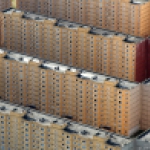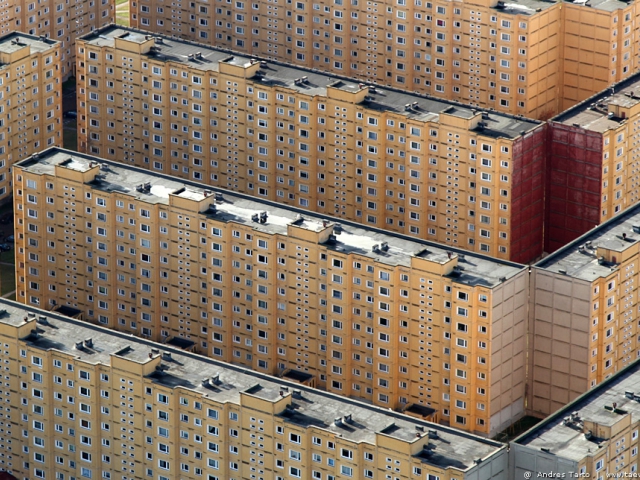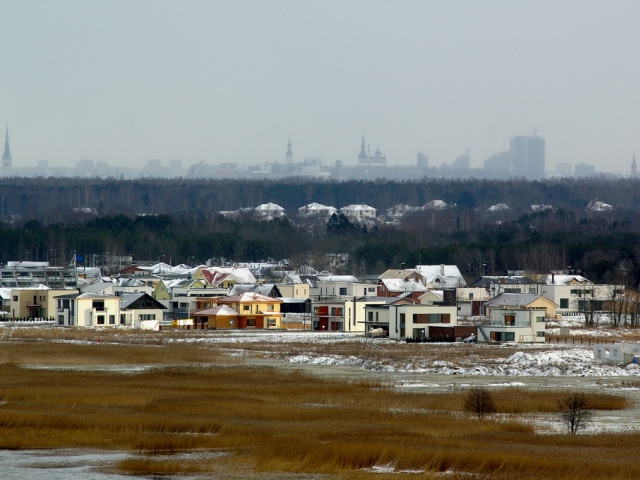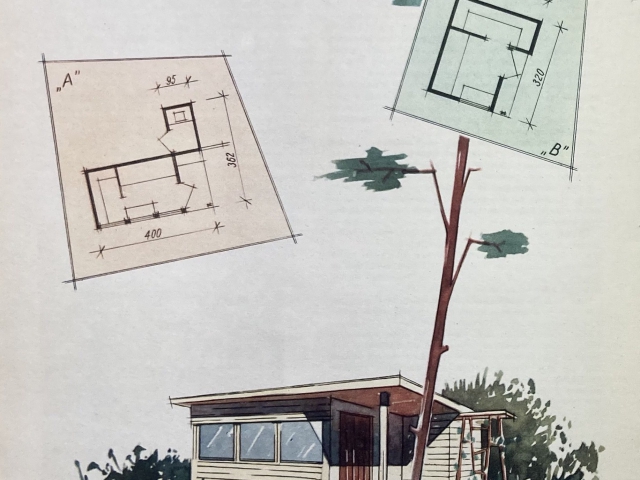- English
- Русский
Ingrid Ruudi. Estonian Soviet and Post-Soviet housing from a feminist perspective

Moderated by Anna Bitkina and Maria Veits / TOK
The talk will provide a brief overview of housing policies and architecture in Estonia during the Soviet and Post-Soviet periods with an additional aspect on gendered use of residential spaces. Similarly to the other Soviet socialist republics, industrial methods in mass housing construction were introduced in Estonia with the Khruchchev thaw in the end of the 1950s, and modernist free planning based on the model of microrayons continued well into the 1980s, resulting in big homogenous residential areas with a scarcity of public amenities to support housing. At the same time, to alleviate the chronic housing shortage, a certain tradition of private houses also continued, morphing into years-long project of DIY building as a resistant outlet in a restricted society, with the designs occasionally commissioned from some of our most talented architects. Re-establishment of independence in 1991 culturally and socially meant a strong desire to return to the pre-war values, including a living standard and a family model embodied in a private house, generating a remarkable wave of suburbanization from the end of the 1990s till today. In the talk Ingrid Ruudi will outline some possibilities for an intersectional feminist analysis of those changes in residential patterns over the past half a century.
INGRID RUUDI is an architecture historian and curator based in Tallinn, working at the Institute of Art History and Visual Culture, the Estonian Academy of Arts as a researcher and visiting associate. In 2001 she graduated from the Estonian Academy of Arts with a thesis focusing on central Tallinn experimental project from 1968; and on 2020 she defended her PhD there with a dissertation Spaces of the Interregnum. Transformations in Estonian Architecture and Art, 1986 – 1994 (cum laude). Her research interests range from the second half of the 20th century to the contemporary times, including intersections of architecture and art in the transition era, architecture as an agent in the public sphere, and gender studies in architecture.
Her major curatorial projects include the Estonian exhibition Gas Pipe at the 11th Venice Architecture Biennale (2008); Tallinn Urban Installations Festival LIFT11 (2011); exhibitions Unbuilt: Visions for a New Society 1986–1994 (2015) and A Room of One’s Own. Feminist’s Questions to Architecture (2019) at the Museum of Estonian Architecture; and the personal exhibition of Dénes Farkas at the the Contemporary Art Museum Estonia (2017).
In 2005 – 2011 she served as the editor-in-chief of the Estonian Architectural Review Ehituskunst, and has written architecture and art criticism in Estonian and international media. Over the years, she has also translated various texts on art and architecture history, including books by John Berger, Kenneth Frampton, Gilda Williams, Lisa Heschong, Josef Albers, and Victor Margolin.
Her activities have been awarded with prizes of the Estonian Cultural Endowment (2008, 2011, 2019), Estonian Architects’ Union (2015), Kreis Family Foundation (2017), and the Estonian Academy of Arts (2019).
The event takes place as a part of the program “Get Real!”, a series of online discussions about housing policy and new forms of (co)existence curated by TOK in December 2020 - June 2021 as a part of 5 season of its ongoing project “Critical Mass”. New season focuses on the emerging and complex issues of housing, real estate, urban development, contemporary and historical housing conditions in post-socialist and neoliberal contexts as well as pressing socio-political and environmental processes in megacities.





